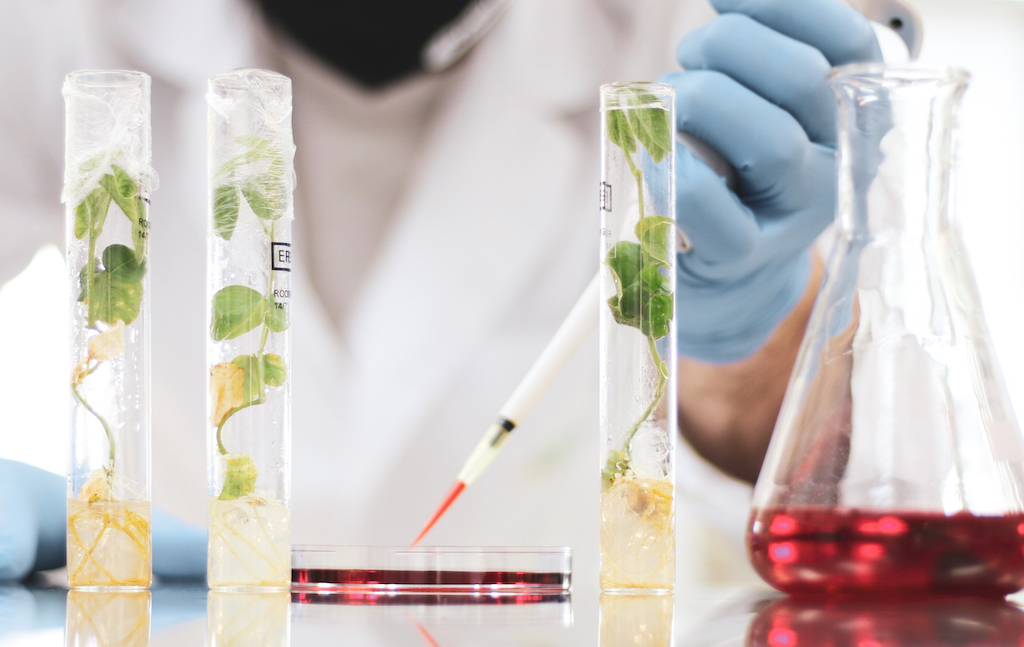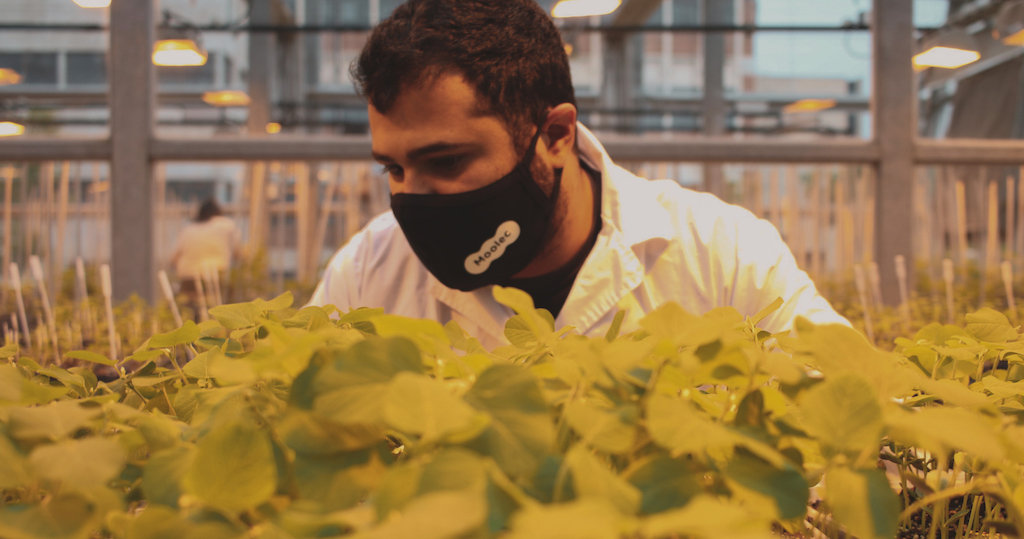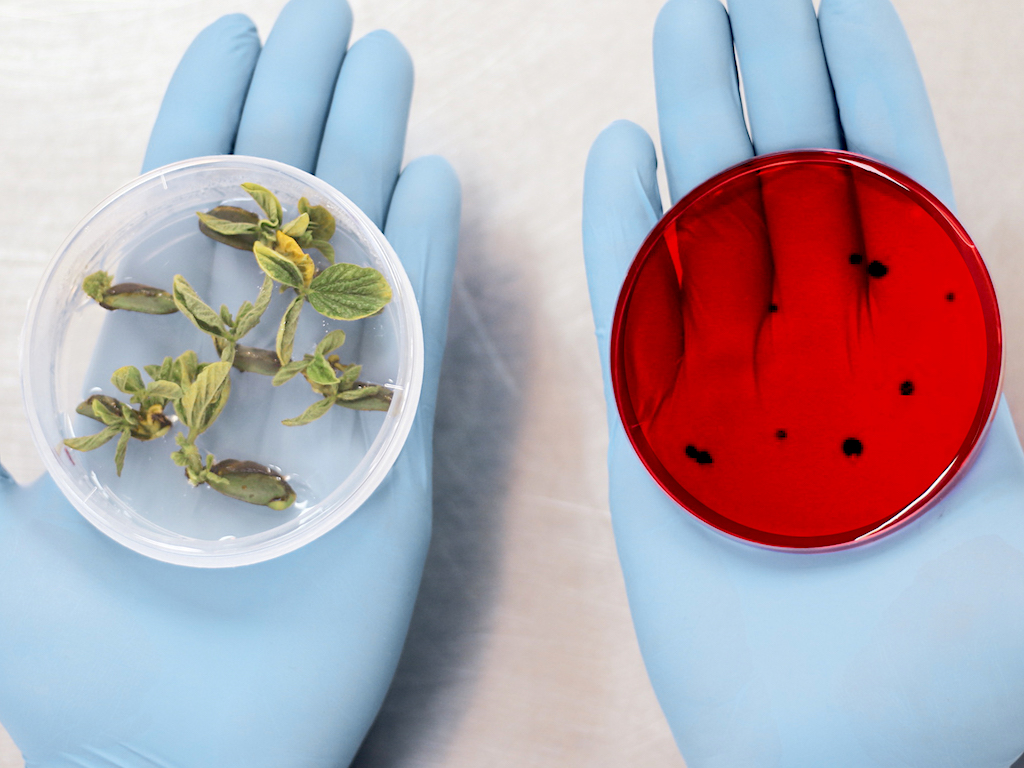Moolec Science: World’s First Hybrid Plant & Cell-Based Alt Protein Startup Pioneers Molecular Farming
3 Mins Read
While there has been increasing talk about “hybrid” alternative proteins that harness both plant-based and cell-based technologies, there hasn’t yet been a startup that is dedicated to this emerging space – until now. Launched just this month, Moolec Science is using molecular farming to pioneer a new hybrid concept between the two pillars of plant-based and cell-based in order to create cost-effective alternative protein solutions.
Based in Warwick, startup Moolec Science is stepping up innovation in the alternative protein industry with its molecular farming technology. Aiming to bring on a “revolution” in the space, Moolec Science’s team spanning from the U.K. to Netherlands, Uruguay, Argentina and the U.S. have come up with a hybrid concept that bridges plant-based with cell-based.
They have produced the world’s first bovine chymosin protein in safflower on an industrial scale, and developed a platform around their patented technology called SPC. With their process, described as using “plants as bioreactors”, the company has set its sights on developing other animal proteins such as porcine using protein-rich crops such as soybeans and peas, which can then be formulated into sustainable hybrid meat alternatives.

Our mission is to improve the affordability of animal-free solutions in favour of true sustainability.
Gastón Paladini, Co-Founder and CEO of Moolec Science
Moolec’s ultimate goal is to lower the price of alternative proteins to reach price parity with its conventional animal counterparts, and says that currently, its approach is “at least 10-times more cost-effective” than other leading alternative meats on the market.
“Our mission is to improve the affordability of animal-free solutions in favour of true sustainability,” explained Gastón Paladini, co-founder and CEO of Moolec Science. “We promote a technology that will have the cost structure of plant-based solutions with the organoleptic properties and functionality of cell-based platforms.”
“Molecular farming is a technology that has not yet been fully explored in the alternative proteins landscape,” added Henk Hoogenkamp, co-founder and CPO of the startup. “Moolec will promote an inclusive and equitable technological platform as we aim to bring farmers back into the equation.”
While molecular farming solutions can also target industries such as health, biocosmetics and biomaterials, the company’s primary focus is to bring in a new generation of meat analogues that are sustainable and affordable.
“Our experience and scientific background made us conclude that we could take advantage of nature’s biological systems to design a resource-efficient alternative protein production platform,” said Martín Salinas, co-founder and CTO of Moolec.

Molecular farming is a technology that has not yet been fully explored in the alternative proteins landscape. Moolec will promote an inclusive and equitable technological platform as we aim to bring farmers back into the equation.
Henk Hoogenkamp, Co-Founder and CPO of Moolec Science
The official launch of Moolec comes as a number of other food techs have recently begun flaunting the idea of hybrid alternative protein products. Israeli cultivated meat company Meat-Tech 3D, for instance, announced that its acquisition of cell-based fat platform Peace of Meat will gear the firm in the right direction towards launching products that incorporate both plant and cell-based ingredients and speed up its route to commercialisation.
“Meat-Tech believes that hybrid products, such as plant-based burgers made with cultured fat, may prove to be an exciting new product category. Such fats may offer improved aromas, flavours and textures as compared to purely plant-based proteins,” said Steve H. Lavin, chairman of the board of directors of Meat-Tech, in an announcement at the time.
Meanwhile, in July, British food tech Higher Steaks revealed that it has used a hybrid technique that combines both animal cells and plant-based proteins and fats to create its first samples of lab-grown pork belly and cell-based bacon.
All images courtesy of Moolec Science.




